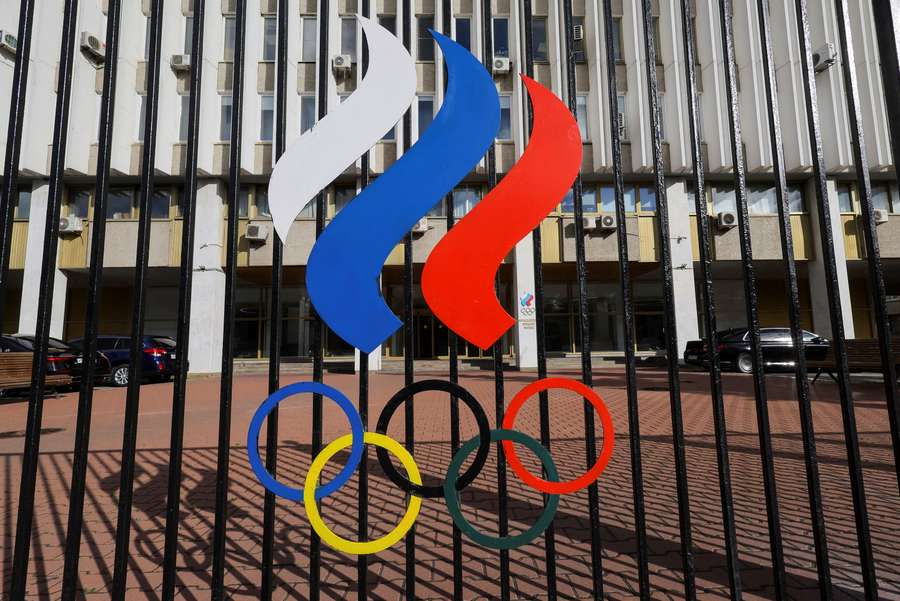The International Olympic Committee last week said Russians and Belarusians who qualify in their sport for the Paris Games can take part as neutrals without flags, emblems or anthems.
Russians and Belarusians had initially been banned from competing internationally following Russia's invasion of Ukraine last year, for which Belarus has been used as a staging ground.
Speaking at his annual year-end press conference, Putin said that while he was in favour of Russians competing at the Games, a further assessment was needed of what the neutral status would mean for the country's athletes.
"They have been training for years... and that's why I supported our athletes going to such competitions, but we still need to carefully analyze the conditions the IOC has put forward," Putin said.
"If the IOC's artificial conditions are designed to cut off the best Russian athletes and portray at the Olympics that Russian sport is dying, then you need to decide whether to go there at all," Putin said.
The IOC said that neutral athletes will compete only in individual sports and no teams for the two countries will be allowed. Athletes who actively support the war in Ukraine are not eligible, nor are those contracted to the Russian or Belarusian military.
Russia has vigorously protested the restrictions against its athletes, arguing that they go against the spirit of the Games.
"Everything that international officials do in relation to Russian sports is a complete contradiction and distortion of the ideas of Pierre de Coubertin," Putin said, referring to the founder of the Olympic movement.
"If they continue to act in the same way, they will bury the Olympic movement."
Russian athletes have taken part in successive Olympics without their flag or anthem in the wake of major doping scandals.
During the Cold War, the United States boycotted the 1980 Moscow Olympics over the Soviet invasion of Afghanistan, and the Soviet Union and its allies retaliated with a boycott of the 1984 Games in Los Angeles.




